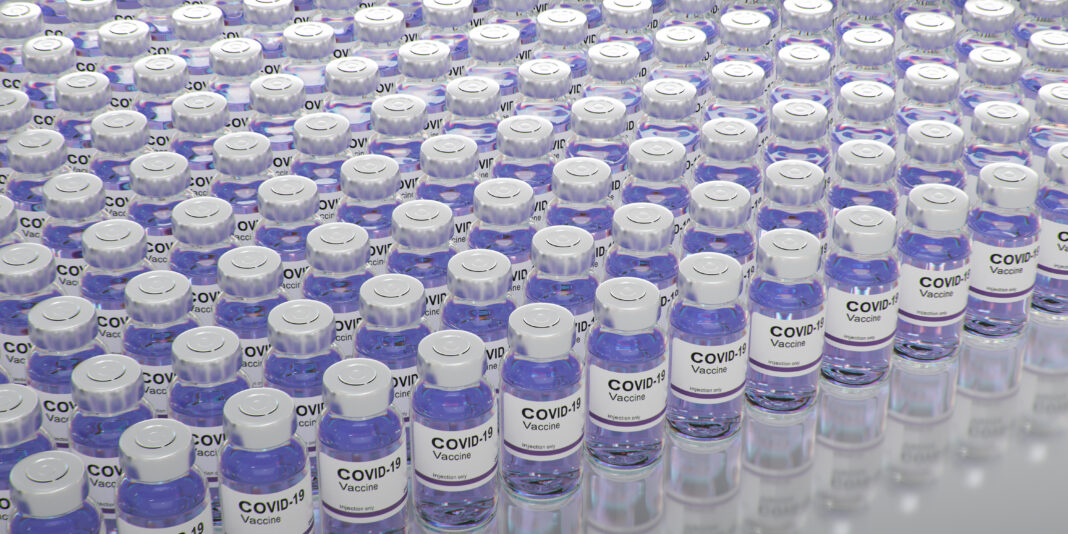In 2011, the FDA outlined the potential benefits of continued process verification, suggesting drug companies could use analytical technologies and process data to assess production processes in real time to ensure they achieve product quality specifications.
Now the drug industry is starting to embrace CPV (continued process verification) and investment in real-time analytical, modeling, and control technology is increasing, according to John Vitalie, CEO at industrial AI specialist Aizon.
“The pharma industry is looking forward to CPV. This strategy has been defined by the FDA to ensure dynamically the quality of drug manufacturing in real time,” he adds.
The major advantage of CPV is that it accelerates batch release, continues Vitalie, who points out that “Every single batch would be the golden batch, the full manufacturing process is perfectly monitored, and no deviations will arise because issues are detected in advance.”
CPV also has the potential to add variability into consideration in process development, Vitalie says, particularly if AI-based control systems are used.
“Because all of the relevant factors are identified, and the inherent variability is included in the control there are no surprises around unexpected issues in the raw material or equipment. AI plays a fundamental role here and Aizon, in conjunction with the PDA, in a program called CPV of the Future, is leading one of the main initiatives in this area,” he tells GEN.
COVID-19
Pharma interest in CPV has been further increased by the pandemic, says Vitalie, who adds, that demand for monitoring technologies that ensure higher quality products and faster, more efficient manufacturing has grown markedly.
“We are seeing increased interest and investment into digitization of manufacturing facilities. There were already drivers pre-pandemic, but the pandemic brought a need for speed that wasn’t in play before,” he explains. “We think the pandemic will accelerate digitization efforts dramatically. Manufacturers who have this in place are seeing not just efficiencies through the process but increased capacity and flexibility. This is especially important when we consider large production of goods like COVID-19 therapies and vaccines.”
The surge in interest in digital manufacturing technologies is likely to increase demand for expertise, according to Vitalie, who notes that staff training and corporate culture will also need to evolve.
“We see two big challenges in digitizing pharma manufacturing. The first is around culture. Pharma has to balance regulatory requirements with advances in technology, making change difficult. Xavier University’s “AI in Operations Team” in conjunction with the FDA took this challenge on by producing an AI Maturity Model, which outlines some of those cultural challenges,” he says.
“The second challenge is around knowing where to begin the journey—finding that first project that can make a business value impact. The technology is here, and the regulatory bodies are supportive.”
AI is likely to gain in popularity as pharmaceutical companies seek ways of managing and making best use of increasing complex process data.
“Artificial intelligence is the only path to managing the quickly increasing complexity of data and processes to ensure the best quality of product at a large scale. The old way was hugely inefficient, but AI can process more data so much more quickly and accurately,” Vitalie tells GEN.
“Applications will further accelerate the adoption of technology democratizing access to data and artificial intelligence, not just in one site but across multiple sites or with contract manufacturers.”



